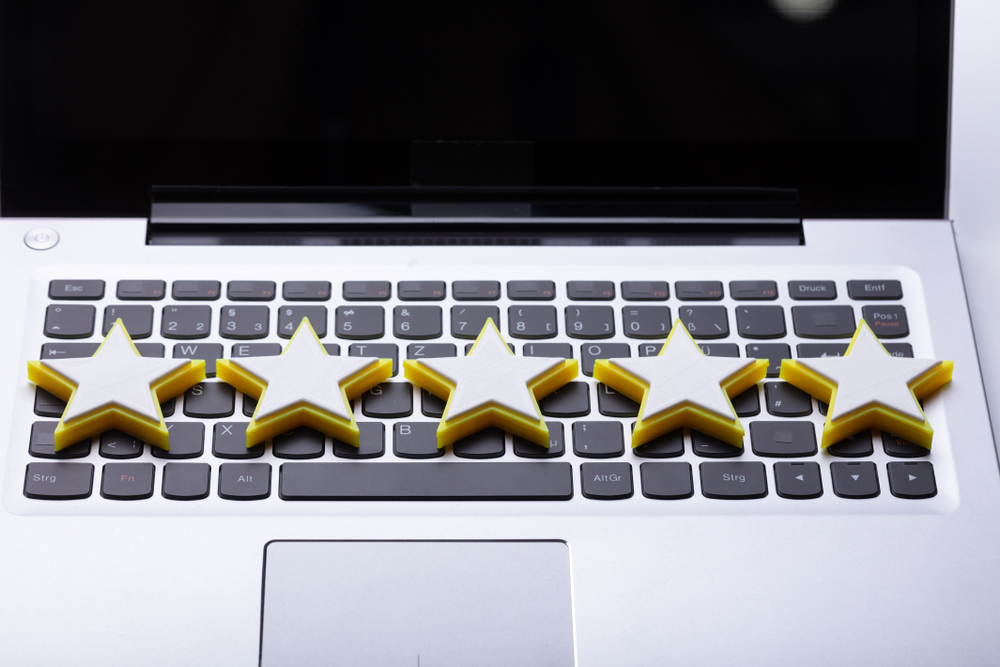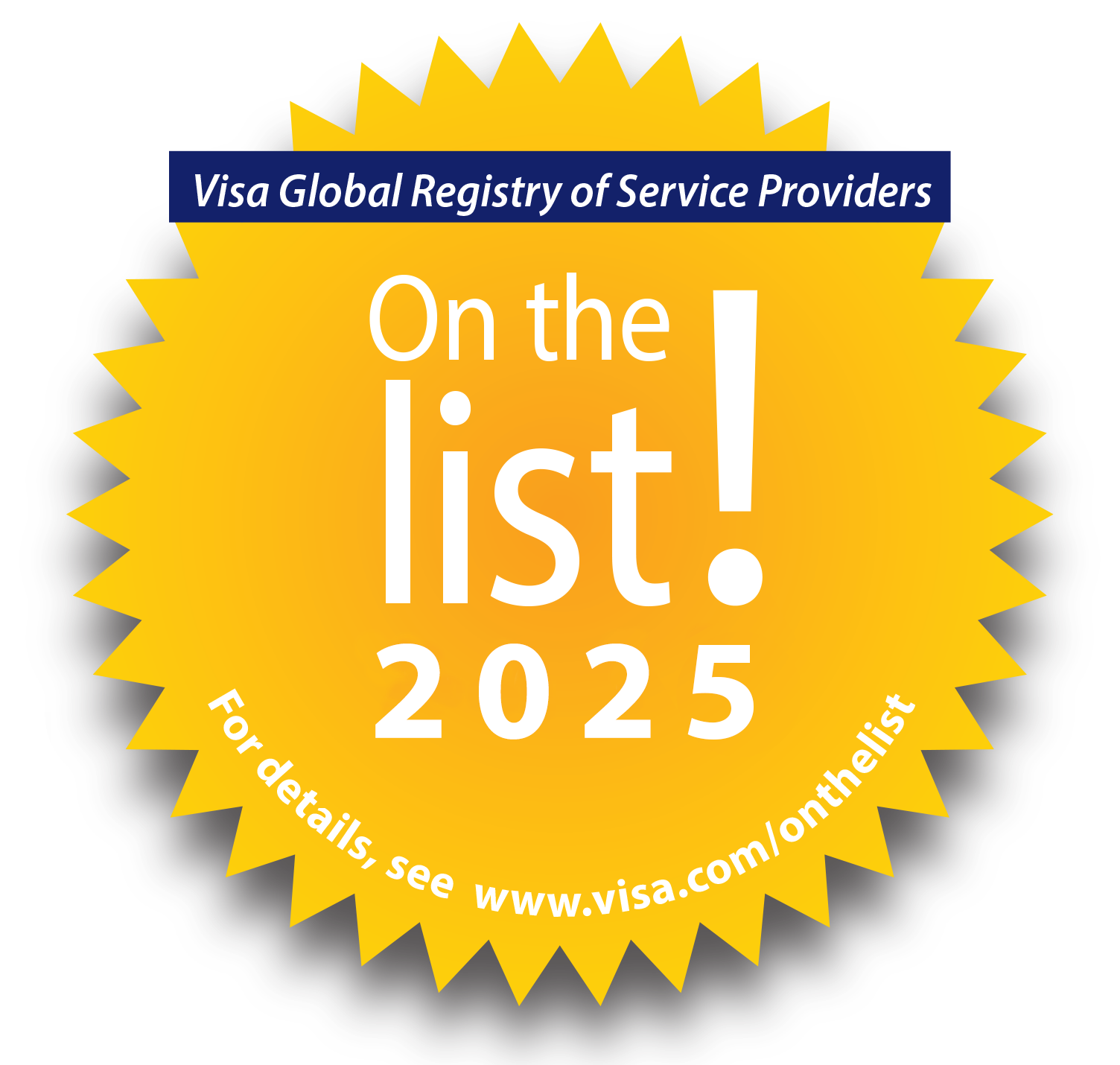5 Signs It’s Time for Your Hotel to Automate its Accounts Payable
Is AP automation right for your hotel? Learn the five signs that it is time for your hotel to automate its accounts payable processes.

Every business wants to do more with less these days, and hotels are no exception.
The combination of rising interest rates, high inflation, clogged global supply chains, and a tight labor market is crunching corporate cash flows and increasing the possibility of a recession.
Tough economic times hit the travel industry hard, and many hotels are bracing for the worst.
That’s why more hotels are looking for ways to squeeze inefficiencies out of their back-office processes. And automating accounts payable (AP)The amount a company owes to suppliers for goods and services received but not yet paid. processes is a prime target for improvement.
Why hotels automate accounts payable
When it comes to onboarding suppliers, processing invoices, and disbursing funds, most hotels rely on a hodgepodge of point solutions, closed-loop networks, and manual processes to fill in the gaps. As a result, the invoice-to-pay cycle at most hotel AP departments costs too much, takes too long, generates too many errors, provides inadequate visibility, and frustrates stakeholders and suppliers.
The challenge is especially hard for hotels and hospitality companies with booming events, catering, and restaurant lines of business and geographically dispersed properties that receive invoices from many suppliers. Coding general ledger (GL) information, responding to supplier inquiries, and closing the financial books at month’s end is a massive headache for these hospitality companies.
AP automation can help hotels and hospitality companies of all sizes reduce operations costs, strengthen supplier relationships, improve cash forecasting, and achieve efficient scalability.
These are some of the reasons that more hospitality companies are automating their AP process end-to-end, from supplier onboarding and invoice processing through disbursements and reconciliationThe process of matching financial records—such as payments and invoices—to ensure accuracy in accounting and reporting..
Is AP automation right for your hotel?
Not sure if AP automation is suitable for your hotel or hospitality company?
Here are five tell-tale signs that it’s time to deploy an end-to-end AP automation solution.
1. Does your staff shuffle paper and email invoices?
If your AP staff’s email boxes are busting at the seams, you are not alone. Hotels and hospitality firms are receiving more invoices from suppliers via email. The problem is that most hotels don’t have an automated way to process emailed invoices. As a result, AP staff waste lots of time trying to determine approvers. Invoices are often forwarded to the wrong individual for approval. Often, there is no way to ensure chain of custody or to enforce separation of duties. AP staff have no way of knowing where an invoice stands in the approval process, or who reviewed an invoice (creating potential audit problems). Plus, resolving exceptions results in maddening back-and-forth emails between stakeholders and the supplier.
An end-to-end AP automation solution brings order to the approval of emailed invoices. Invoices are automatically retrieved from an email box. Invoice data is extracted with a guaranteed level of accuracy. The extracted information is matched against the purchase order (PO)A formal document issued by a buyer authorizing the purchase of goods or services under agreed terms. R in the ERP application. Matched invoices are posted directly to the ERP. Unmatched invoices or invoices that require review (such as those from new suppliers) are digitally routed to approvers based on preset business rules. All the while, AP staff have visibility into the status of invoices.
2. Does your staff manually code GL information?
Managing multiple lines of business is no small feat. A single typo can throw the GL off. And things become more complicated when multiple properties are part of the mix. But that doesn’t mean your staff should spend their days coding GL information. End-to-end AP automation solutions take the burden and errors out of managing a multi-property chart of accounts. Automated solutions learn how a hotel or hospitality company keys its GL information based on important values such as the supplier’s name, the department, or the property receiving the invoice. You can also configure business rules to split invoices across GL categories and approve invoices. By automating GL coding, hotels can free up staff time and improve their financial reporting. By automating GL coding, hotels can free up staff time and improve their financial reporting.
3. Does it take too long to resolve an invoice exception?
Exceptions are inevitable. A PO number might be missing or incorrect. The total amount of the invoice might not match the PO total. Or an unexpected charge might show up on an invoice. In a manual or semi-automated AP environment, resolving seemingly simple issues like these can take days or weeks of back-and-forth emails and phone calls involving multiple internal parties. AP automation accelerates the identification and resolution of invoice exceptions. The software identifies incorrect or missing information from digital invoices. Suppliers are automatically alerted of any issues and instructed to provide the necessary information and resubmit the invoice. Automatically identifying and resolving exceptions early in the invoice approval cycle eliminates downstream errors that could bog AP staff down and delay payments.
4. Does your AP process frustrate suppliers?
If there’s one lesson that businesses learned over the past three years, it’s that supplier relationships are critical to running a business. One hiccup in the supply chain can create big headaches for a hotel or hospitality company. Yet the AP process at most hotels and hospitality firms leaves a lot to be desired in the eyes of suppliers. The onboarding process takes too long. Suppliers can never be sure whether the hotel or hospitality company received their invoice. Often, suppliers have little to no insight as to when a payment will arrive.
AP automation gives suppliers the efficiency, visibility, and payment options they crave. Supplier onboarding is intuitive and fast. Additionally, online portals provide suppliers instant confirmation of invoice receipt and updates on where it stands in the process. Suppliers know when an electronic payment will arrive in their bank account. Rich remittance details make it easy for suppliers to match payments against open invoices. Plus, financing options accelerate capital for suppliers.
5. Is your hotel paying suppliers with paper checks?
Compared to electronic payments, paper checks cost more, take longer to arrive, provide less visibility, and are more vulnerable to fraud. As a result, end-to-end AP automation solutions make paying suppliers electronically easy for hotels and hospitality firms. Buyers simply upload a single file from their ERP to the payment solution for processing. Suppliers can receive card payments as soon as the next business day. Rich remittance details make it easy for suppliers to update their receivables. The payment solutions provider handles any payment issues on behalf of the buyer. In addition, the buyer can earn significant card rebates and generate working capital through financing.
If any of these signs seem familiar, it is time for your hotel to consider AP automation.
_________________________________________________________________________________________________________
Edenred PayEdenred Pay is the market leader in B2B payments automation., an Edenred Company, is the global leader in invoice-to-pay automation. Our integrated platform connects businesses with suppliers, ERPs, banks, FinTechs, and payment rails to automate, optimize, and monetize the entire B2B payments lifecycle – from invoice receipt through payment reconciliationThe process of matching financial records—such as payments and invoices—to ensure accuracy in accounting and reporting.. Edenred Pay’s efficient, integrated solutions create a frictionless process and help deliver value to the enterprise by enhancing visibility and monetizing AP.
Visit www.edenredpay.com or contact us to learn more.

Ready to elevate your B2B payments?
Whether you are automating for the first time, ready to refresh your existing technology, or looking for ways to complete the ‘last mile’ of automation, Edenred Pay can help. Let’s chat about your needs.






